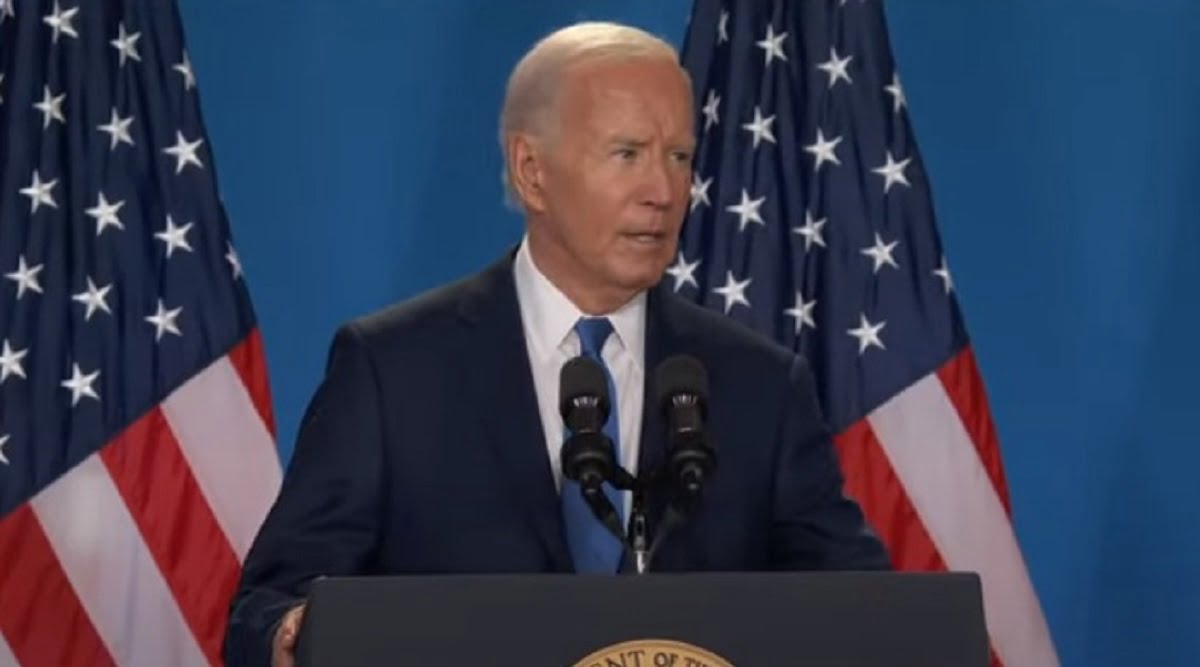Israel did not target nuclear facilities, but it did strike military bases. Iran must now decide how to react to the attack, which it has so far mostly downplayed. These are the most recent advancements.

Israel’s retaliatory strike on Iran early Saturday marked a new escalation between the two archrivals, although it appeared to be calibrated to stop short of all-out war. Israel’s raid, which targeted military installations, was the first time it has openly admitted to carrying out a military action inside Iran. However, it steered clear of delicate nuclear targets that the Biden administration had cautioned against hitting.
Fears of an unmanageable battle between the two most powerful militaries in the Middle East were allayed when Iran mostly downplayed the strike, claiming it had killed four soldiers.
Tehran must now decide whether to escalate: a retaliation could exacerbate the crisis, but a non-retaliation could make Tehran appear weak in the eyes of its allies and domestic audience.
Following the killings of multiple Iranian and allied leaders earlier this month, Iran launched a massive volley of ballistic missiles at Israel, which prompted the attack. According to Israeli sources, Israel’s fighter jets targeted over 20 military facilities on Saturday, including radar stations, air defense batteries, and missile manufacturing facilities.
Israel had targeted military installations in three provinces, according to Iran’s national air defense force, but the damage had been contained by air defenses. Although explosions could be heard throughout the capital, three news agencies reported that civilian airports were functioning smoothly and that the city of Tehran itself had not been affected. Israel and Iran have been engaged in a covert conflict for many years, with neither nation ever accepting responsibility for their strikes while focusing on the other’s supporters and interests.
That became an open conflict when the conflict between Israel and Hamas, Iran’s partner in Gaza, drew the two nations closer to conflict. Iran’s other Middle Eastern proxies, such as Hezbollah, started attacking Israel in support of their Palestinian friend after the Hamas-led strike on Israel a year ago sparked Israel’s catastrophic war in Gaza. Both sides responded forcefully as tensions escalated at different times, with Israel intensifying its strikes on Iranian interests around the area.
My hope is that this is the end,” Biden said in response to Israeli strikes on Iran.

On Saturday, US President Joe Biden said he hoped the Israeli strikes on Iran would signal the end of an era of Middle East violence. “They seem to have only hit military targets.
He told reporters in Philadelphia, “I hope this is the end,” adding that he had been informed by the intelligence community earlier Saturday.
According to the president, he was given advance notice of the Israeli strikes. According to Biden administration officials, the US had been closely working with Israel but was not actively involved in the strike.
